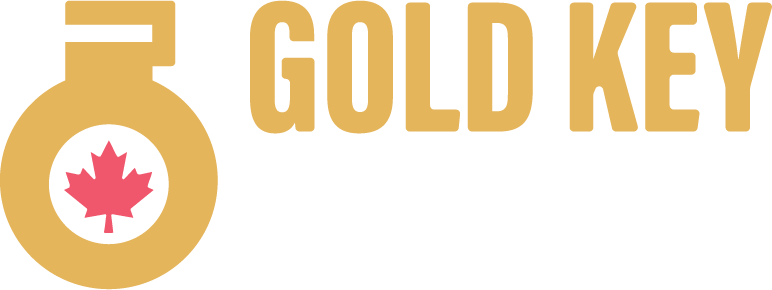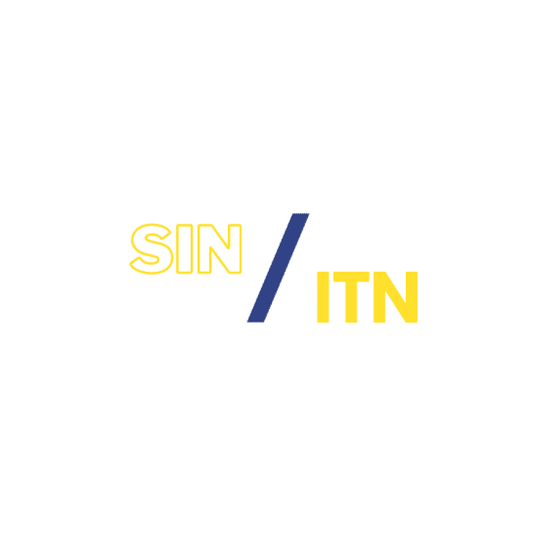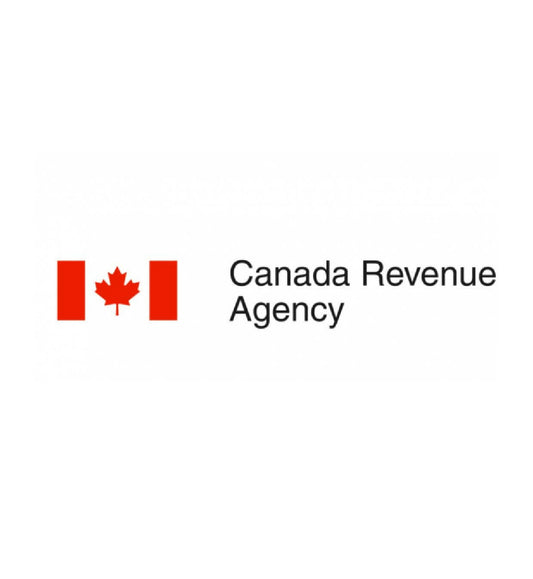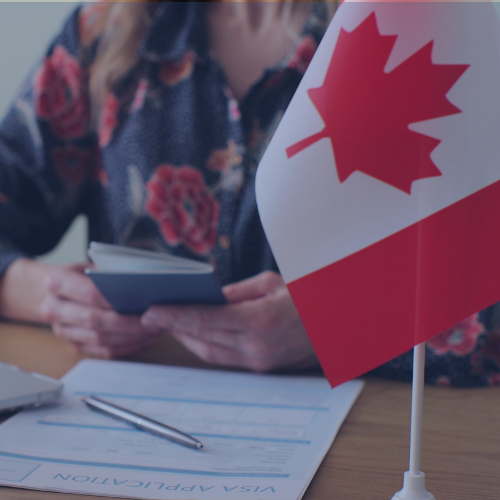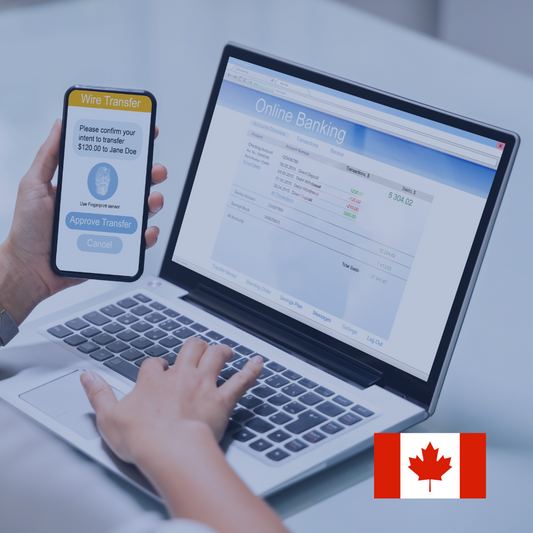personal tax
-
Underused Housing Tax (UHT)
regular price $100.00 CADregular priceunit price unit price -
 discount price
discount priceGold Key Mailbox personal address
regular price from $18.99 CADregular priceunit price unit price$119.88 CADSale price from $18.99 CADdiscount price -
ITN tax number registration
regular price from $120.00 CADregular priceunit price unit price -
CRA Tax Account Setup for Resident Canadian
regular price $0.00 CADregular priceunit price unit price -
Declaration of rental income from Canadian property for non-residents
regular price $400.00 CADregular priceunit price unit price$400.00 CADSale price $400.00 CAD -
Ontario Municipal Vacant Home Tax
regular price $50.00 CADregular priceunit price unit price -
Determination of tax resident/non-tax resident status
regular price $200.00 CADregular priceunit price unit price -
Apply for Canadian Dental Care Program CDCP
regular price from $30.00 CADregular priceunit price unit price -
New Home Rental HST Rebate (NRRP)
regular price $300.00 CADregular priceunit price unit price -
Online Business Corporation Registration
regular price $449.00 CADregular priceunit price unit price -
CRA Tax Account Registry for Oversea Online Business
regular price $200.00 CADregular priceunit price unit price -
British Columbia speculation and vacancy tax(BC SVT)
regular price $50.00 CADregular priceunit price unit price
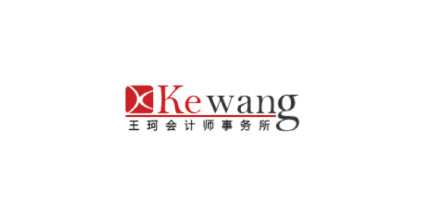
Wang Ke Certified Public Accountants
Wang Ke CPA was founded by CPA Wang Ke in Toronto, Canada in 2008. It is one of the earliest and most influential Chinese accounting firms in Canada. Approved by the Canadian government, it independently undertakes CPA business in accordance with the law and is qualified to train CPAs. After more than ten years of rapid development, Wang Ke CPA has achieved great results in terms of business scale and scope, practice quality, and social image.
Preparation Checklist
-

Income related information
T3 (provided by banks or financial institutions)
T4/ T4A/T5018 (provided by the company or employer)
T5 (provided by banks or financial institutions)
T5008, etc. (provided by banks or financial institutions)
📘 T2200 ( employer and self-provided - click to download the form )
T5013 (Partnership income)
Overseas income list and tax payment certificate
-

Information on deductible expenses
📘Self -employment and rental expenses list (click to download the form )
📘House buying and selling information (click to download the form )
T2202 (provided by school or educational organization)
Donation receipt (provided by the charity)
Childcare receipt (provided by a formal childcare institution)
ON, MB, BC rental receipt (provided by yourself: address, time, transfer record)
RRSP receipts
collapsible content
Am I a tax resident?
In Canada, there are significant differences between tax residents and non-tax residents in terms of tax reporting. Tax residents need to report their worldwide income, including income in Canada and abroad. Non-tax residents only need to report income generated in Canada.
Whether or not you are a tax resident depends on the degree of connection you have with Canada, including length of residence, family ties, location of assets, etc. Generally speaking, individuals who reside in Canada for more than 183 days or have a "center of gravity" are usually considered tax residents.
Definition of tax residency
Tax residents include but are not limited to
- Canadian Citizens
- New immigrants who have lived in the city for 183 days
- International students who have lived in the school for 183 days
- Foreigners who have earned income and have lived in Canada for 183 days on a visitor visa
- Canadian tax residents who are studying abroad (such as the United States) and have scholarships or income
- Foreign workers holding Canadian status, spouses, minor children or dependents living in Canada
- Canadian government personnel posted abroad
Tax Filing Tips
- Global income: Tax residents must declare their worldwide income for the year.
- Cash basis: Personal taxation is based on the "cash principle", which is calculated based on actual cash income and expenditure. For example, if the salary for December 2017 is to be received in January 2018, then the December salary does not need to be included in the 2017 income.
- Tax filing deadline (non-self-employed): April 30 of the following year. This means that the 2017 tax filing must be completed before April 30, 2018
- Tax filing deadline (self-employed): For those with self-employed income, such as real estate agents, truck drivers, IT consulting, electricians, etc., the tax filing deadline is June 30 of the following year.
- Tax payment deadline: April 30. Please note that regardless of whether you have self-employment income or not, you must complete the tax payment before April 30. For example, if a self-employed person has not yet completed the tax calculation, you need to estimate a value to pay the tax, otherwise interest will be charged.

<tc>Customer testimonials</tc>
Golden Key helped me integrate my business in a simple and direct way. Christina provided me with a lot of help and answered all the questions I had during the process. I highly recommend Golden Key to all startups!
